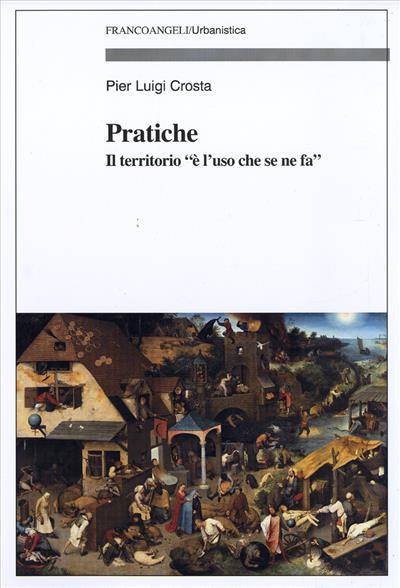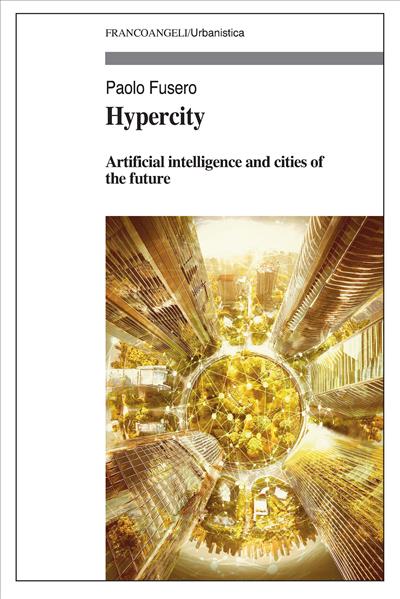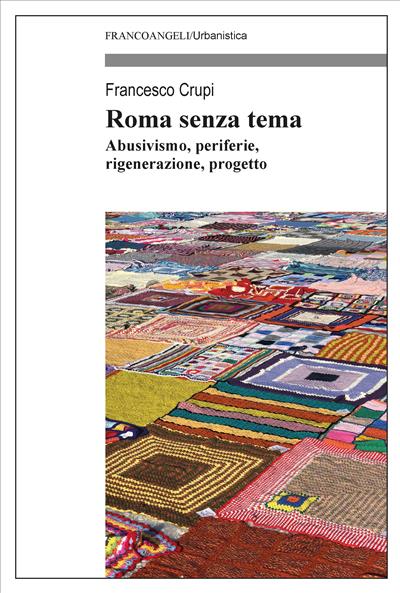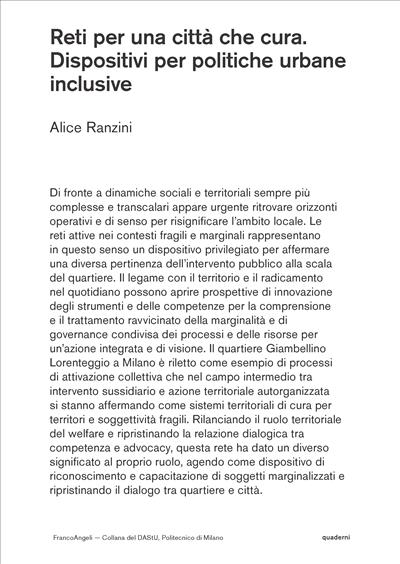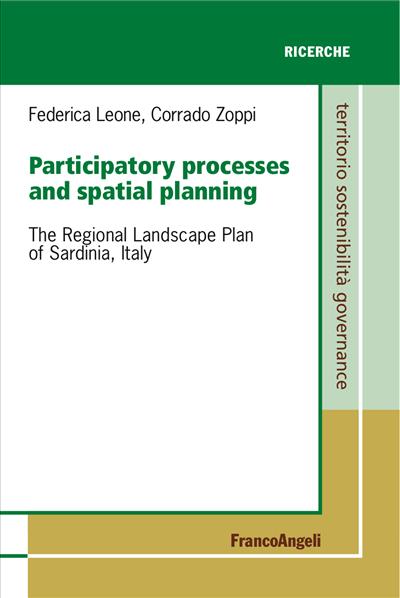
Participatory processes and spatial planning.
The Regional Landscape Plan of Sardinia, Italy
This book examines the evolution of the concept of participation by underlining its theoretical and technical pros and cons. Moreover, it puts in evidence that participatory processes in public decision-making show significant implementation difficulties. In this context, the book examines the emblematic case of the Sardinian Regional Landscape Plan (RLP).
Pagine: 342
ISBN: 9788891740984
Edizione: 1a edizione 2016
Codice editore: 1786.2.3
Disponibilità: Discreta
Pagine: 342
ISBN: 9788891745910
Edizione:1a edizione 2016
Codice editore: 1786.2.3
Possibilità di stampa: No
Possibilità di copia: No
Possibilità di annotazione: No
Formato: PDF con DRM Readium LCP
Pagine: 342
ISBN: 9788891745927
Edizione:1a edizione 2016
Codice editore: 1786.2.3
Possibilità di stampa: No
Possibilità di copia: No
Possibilità di annotazione: Sì
Formato: ePub con DRM Readium LCP
